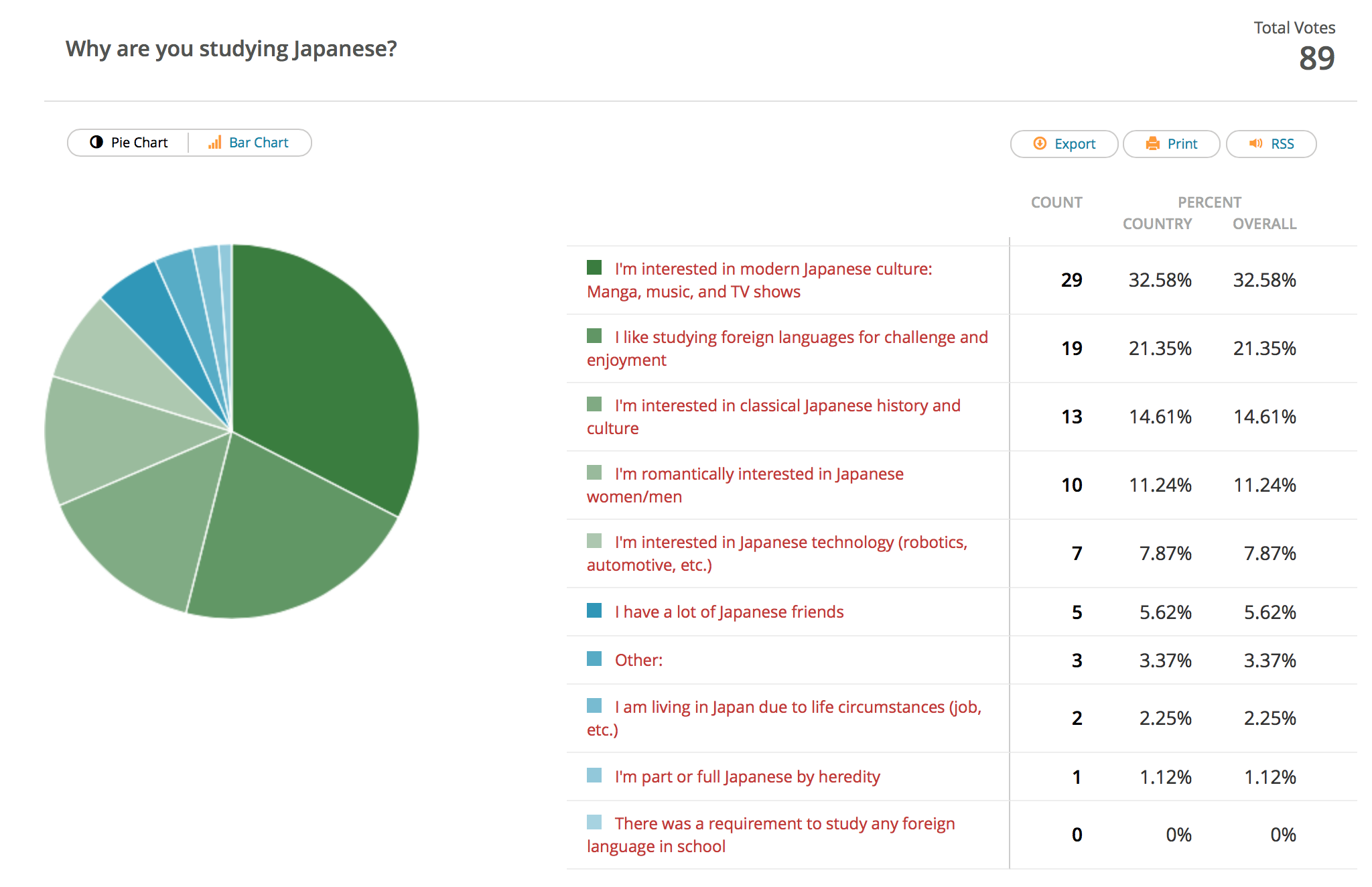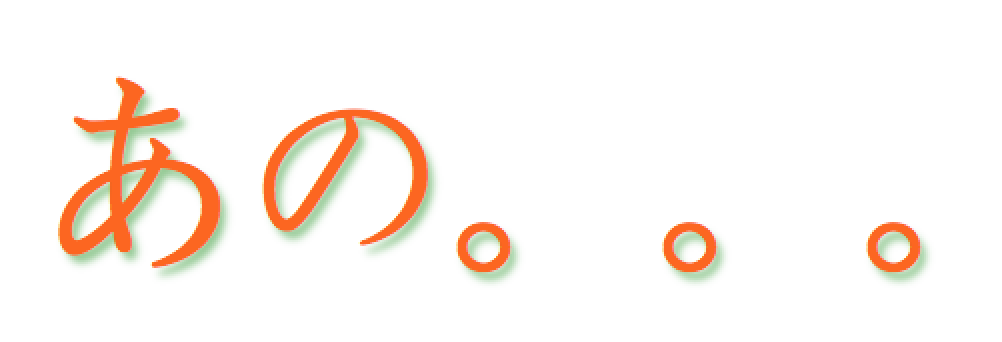Different ways to say ‘only’ in Japanese
In this post I’d like to discuss a few ways in Japanese to express the various shades of meaning of the English word ‘only’. First, there is だけ which one of the simplest and most common ways of expressing ‘only’ or ‘just’. Let’s see a few examples. 言ってみたかっただけ。 I was just saying. (this expression… Read More »





